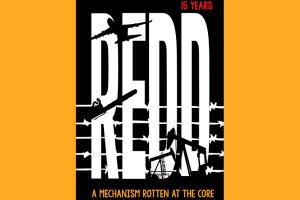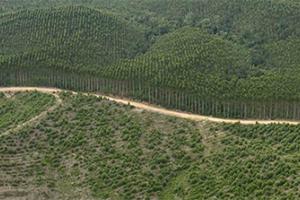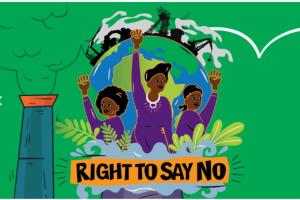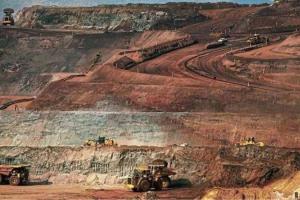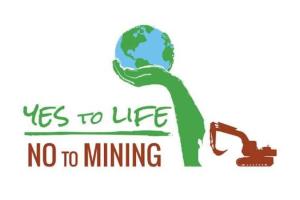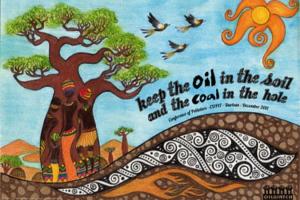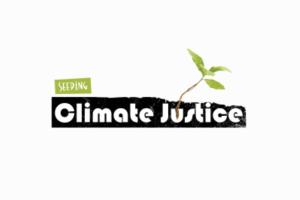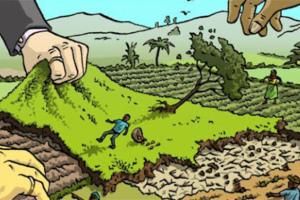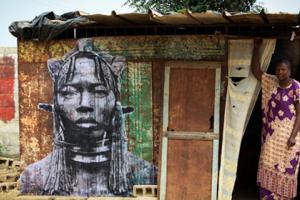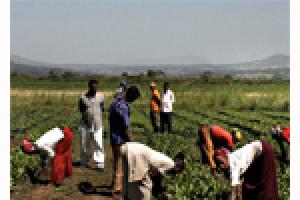The Global Coalition Against REDD in alliance with the No REDD in Africa Network (NRAN) and supported by many international organizations launched a Declaration at the Civil Society Alternative Programme to the World Forestry Congress, which was held in Durban, South Africa, in early September.
Africa (general)
Bulletin articles
16 September 2015
Other information
16 September 2015
Most of the Congo Basin’s forests have been divided up into concessions, conservation areas and community use, with most of Central Africa’s forests being under industrial forest concessions. Forest-dependant communities have been totally excluded from decision-making processes.
Other information
10 July 2015
Coal kills people. Coal destroys health and communities’ well being. Coal devastates land, water and ecosystems and Coal is destroying our planet. These are the conclusions of the “Women stand their ground against Big Coal” meeting that took place in Johannesburg, South Africa, on January 2015.
Other information
10 July 2015
Members of African and UK civil society and communities sent a letter to the “Mining on Top Africa: London Summit” – a decisive conference on African mining for Europe that took place on June 24 and 25 - accentuating how the introduction of large-scale mining in Africa has made many communities to face displacement, poverty, illness, massive pollution, loss of fertile agricultural and ancestral land, destruction of livelihoods and culture.
Other information
10 July 2015
Conceived in 2012 by a group of individuals, organisations and networks, the “Yes to Life, No to Mining” movement is committed to take action against the increasingly devastating impact of the mining industry. They seek to connect communities saying NO to mining across the planet in order to collaborate through solidarity and support one another to stand firm. Through the website, they share useful materials and provide a space through which they share stories of resistance, success and struggle.
Other information
10 July 2015
Members of Oilwatch Africa network met in Lome, Togo, on 9 June 2015, to discuss the implications of the world’s dependence on fossil fuels on climate, food sovereignty, nutrition and well-being in Africa. The conference particularly examined the environmental and socio-economic impacts of oil, gas and coal extraction, as well as the impacts on food production, water pollution, deforestation and the growing trend of land grabbing on the continent.
Other information
3 June 2015
Climate justice advocates and community and movements’ representatives met in Maputo, Mozambique from 21-23 April 2015 to reflect on the roots, manifestations and impacts of climate change on Africa and on the responses needed in the face of the crises. The conference agreed, among others, to reject false solutions to the climate crisis, like REDD, industrial tree plantations, genetic engineering, agrofuels and geoengineering,
Other information
3 June 2015
Other information
3 June 2015
The Africa Social Forum that took place in Dakar in October 2014 released the Declaration against Water and Land grabbing, which affirms that “land grabbing is always accompanied by water grabbing”. During the World Social Forum in Tunis in March 2015, the dialogue among African groups continued with movements and organizations from all over the world in order to broaden this convergence.
Other information
6 March 2015
Booming global demand for palm oil and limited room for the industry’s expansion in Asia have led large palm oil producers to look towards Africa. Companies are also betting on an explosion in demand from the European Union for palm oil as a ‘sustainable’ fuel, and Africa is the closest palm oil-producing region. Swaths of land have been allocated to foreign companies for oil palm plantations.
